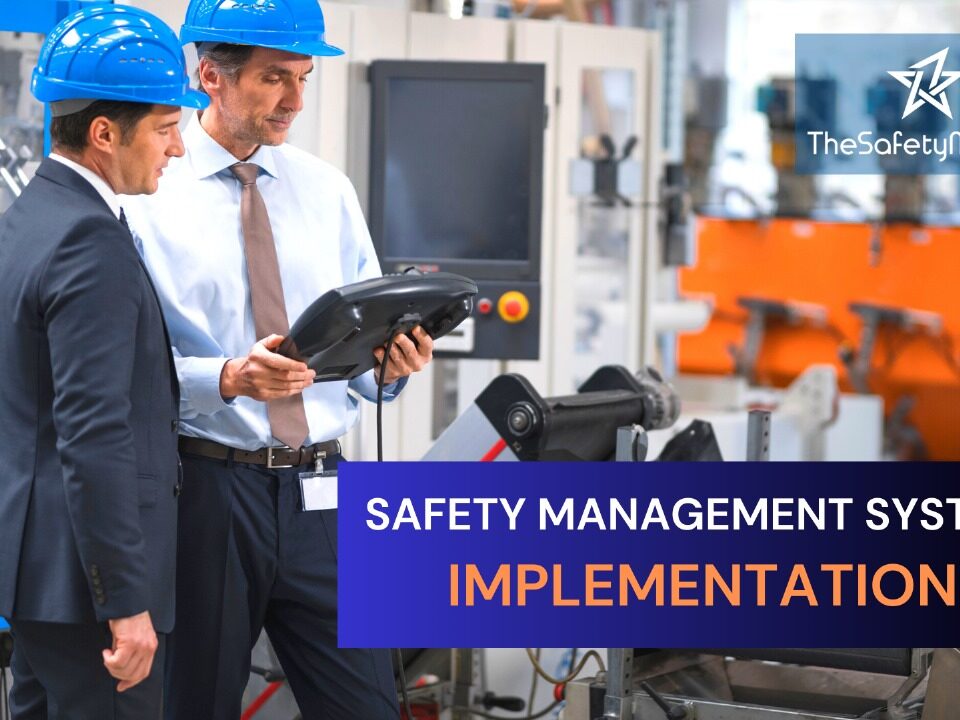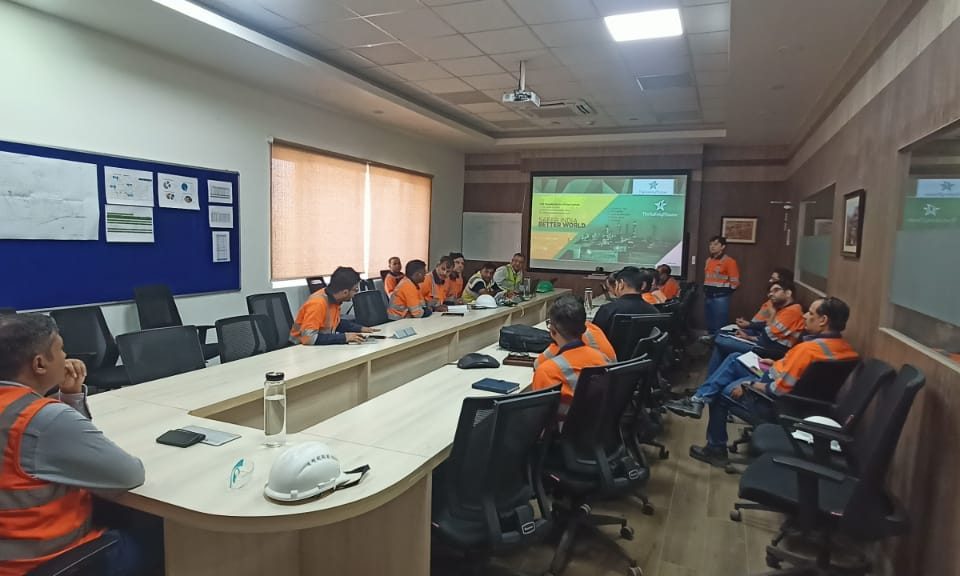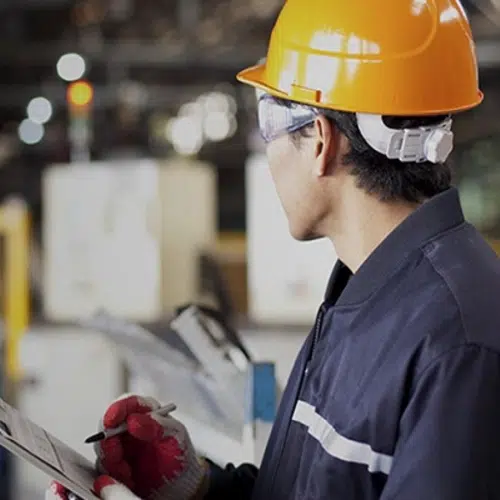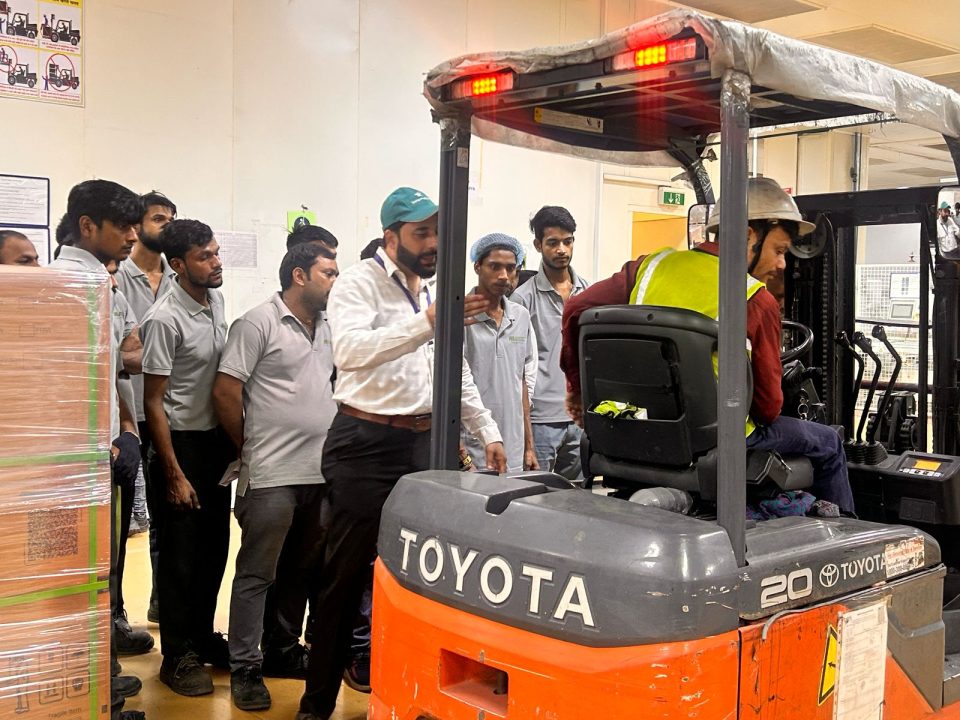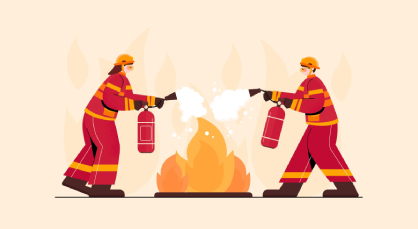The Safety Master
December 31, 2025
Published by The Safety Master at December 31, 2025
Categories
Introduction Mangalore is a fast-growing industrial hub with ports, manufacturing units, infrastructure projects, and logistics operations operating side by side. With this growth comes increased exposure […]
December 29, 2025
Published by The Safety Master at December 29, 2025
Categories
Contractors are essential to modern operations. Construction, manufacturing, infrastructure, oil and gas, logistics, and maintenance projects all rely heavily on third-party contractors to get work done […]
December 26, 2025
Published by The Safety Master at December 26, 2025
Categories
Bangalore is known for technology and innovation, but behind the scenes, the city also hosts a wide range of manufacturing units, warehouses, infrastructure projects, laboratories, healthcare […]
December 25, 2025
Published by The Safety Master at December 25, 2025
Categories
Chennai is one of India’s most important industrial hubs. From automotive and manufacturing to chemicals, logistics, and infrastructure, the city runs on complex operations where even […]
December 23, 2025
Published by The Safety Master at December 23, 2025
Categories
Industrial growth in Karnataka has been rapid and diverse. From manufacturing hubs around Bengaluru and Tumakuru to heavy industries in Ballari, Belagavi, and Mangaluru, the state […]
December 20, 2025
Published by The Safety Master at December 20, 2025
Categories
Workplace safety is not something you fix once and forget. It is a living system that needs planning, execution, review, and constant improvement. An annual safety […]
December 18, 2025
Published by The Safety Master at December 18, 2025
Categories
Fire Protection Engineering is a specialized branch of engineering that applies scientific and engineering principles to protect people, property, and the environment from the destructive effects […]
December 13, 2025
Published by The Safety Master at December 13, 2025
Categories
Industrial safety isn’t just about compliance—it’s about sustainability, efficiency, and protecting both people and production. In rapidly growing industrial cities like Vadodara and Ahmedabad, factories span […]
December 11, 2025
Published by The Safety Master at December 11, 2025
Categories
Industries across Telangana and Andhra Pradesh are moving through one of the fastest phases of industrial expansion in India. Manufacturing, pharmaceuticals, chemicals, engineering, food processing, logistics, […]

